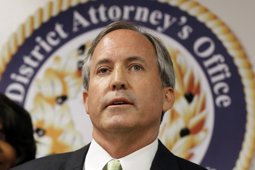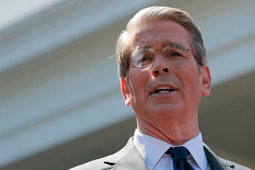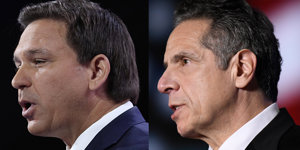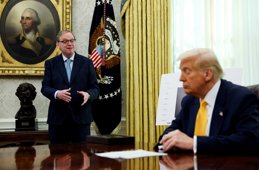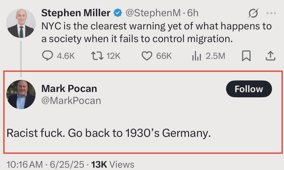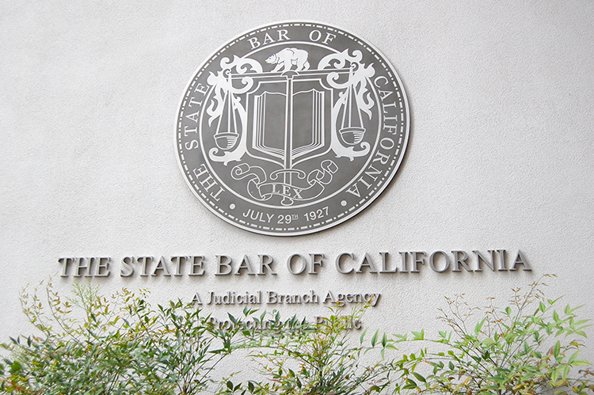
CA Bar Exam Scores Adjusted After Errors
Over 200 February bar exam-takers in California will now pass after a scoring change boosts pass rate to 63%.
Bar Committee Approves New Scoring Fix After Exam Controversy
More than 200 individuals who initially failed California’s February bar exam will now receive passing scores following a scoring adjustment approved by the state’s bar committee. The decision comes amid fallout from widespread issues plaguing the administration and grading of the two-day exam.
The State Bar of California confirmed that the scoring revision impacted 230 test takers, increasing the exam’s overall pass rate from 56% to 63%. This figure significantly exceeds California’s historical bar passage rate, which has hovered around 35% for years.
The grading change affects applicants who narrowly missed passing. For these individuals, any written exam questions that were reviewed a second time will now receive the higher of the two scores — replacing the prior method that averaged both scores.
Test takers will be notified within the week whether their scores have changed. Importantly, this adjustment did not require approval from the California Supreme Court, the Bar noted in a statement shared with Bloomberg Law.
The revised scoring process is part of the Bar’s broader efforts to remedy the technical and logistical issues that plagued February’s exam. Several lawsuits have been filed as a result, including two from test takers and one from the State Bar against the vendor responsible for administering the exam.
Hybrid Format Raises Costs and Concerns
The February exam marked California’s first attempt at a hybrid remote and in-person bar test, conducted without the national bar exam components that had previously been standard. While intended to save the state up to $3.8 million annually, the changes led to unexpected complications. Fixing these issues ahead of the July exam is now expected to add nearly $6 million in additional costs.
As part of the recovery plan, the Bar has already implemented a lower raw passing score and introduced “imputed” scores for candidates who failed to complete substantial parts of the test. Further reforms are under consideration, including a proposal for the Supreme Court to approve a new statistical scoring method that could raise performance test scores.
The Bar has also asked the court to consider granting all February examinees — including those who withdrew before test day — provisional legal practice rights under attorney supervision.
Some members of the Bar’s Board of Trustees have voiced concern over the rising pass rates and remedial measures. They argue that the Bar’s primary responsibility is to protect the public by ensuring only qualified individuals are admitted to practice law.
In response, the Bar stated that its decisions were made with integrity and fairness in mind. “The Bar would never take any steps to detract from its public protection mission,” the organization emphasized in a formal statement. It added that identifying fair solutions while maintaining exam credibility was a difficult but necessary balance.
As July’s exam approaches, the Bar faces continued pressure to implement lasting reforms while preserving the licensing exam’s validity and public trust in the state’s legal profession.

